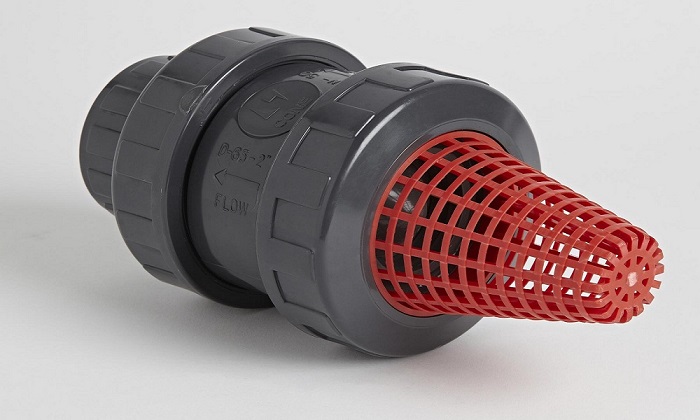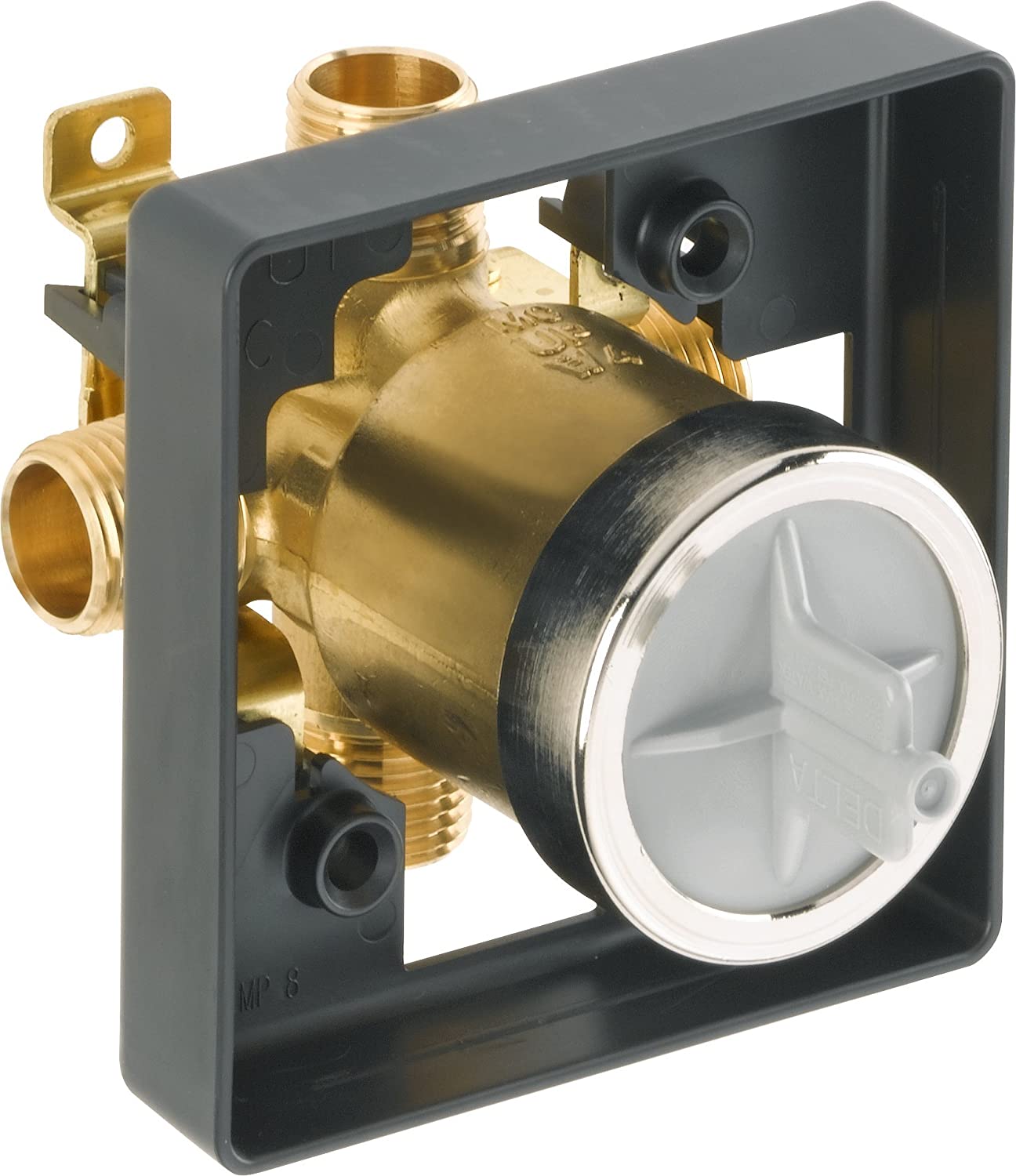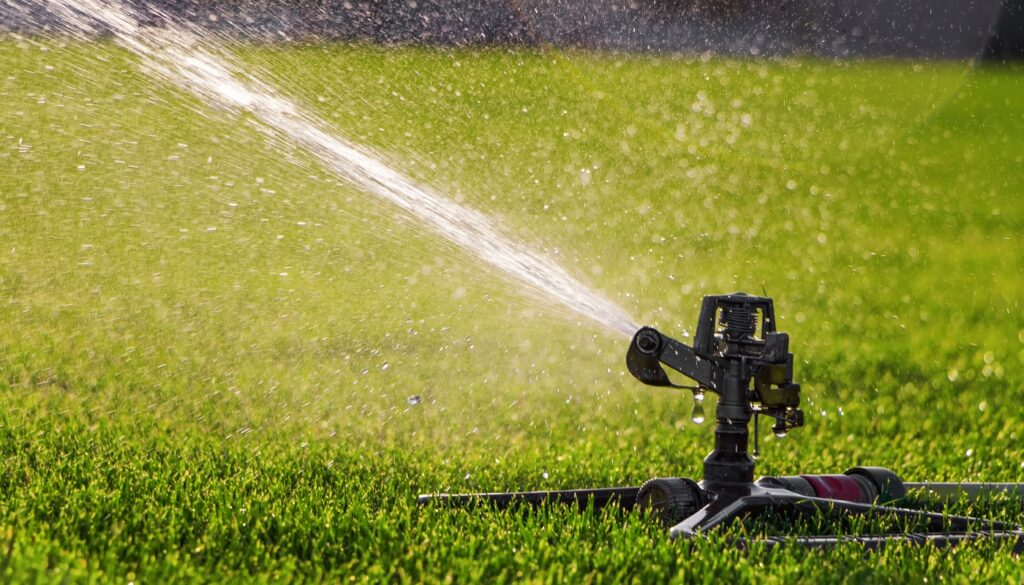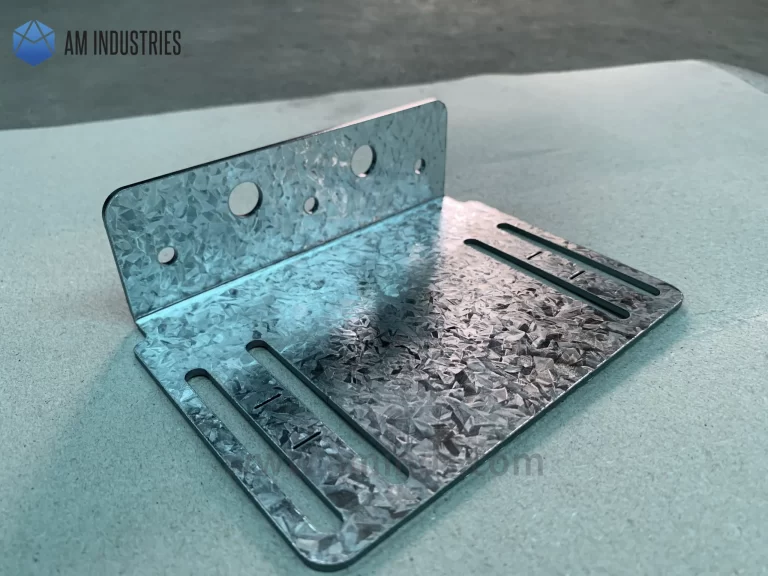Electrical Tools: An Essential Guide
Electrical tools are essential in various industries, enabling the installation, repair, and maintenance of electrical systems. From basic tools for DIY projects to advanced tools for professional electricians, electrical tools come in many forms to suit different needs. This guide will cover the basics of electrical tools, common questions, and their applications, including their role in geotextile-related projects.
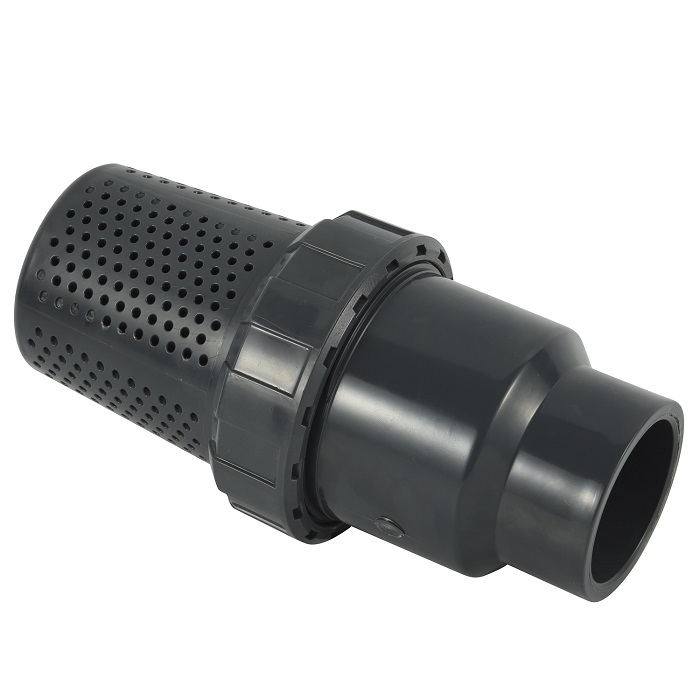
What are the main types of electrical tools?
The main types of electrical tools include:
- Wire Strippers: Essential for removing insulation from wires, available in various sizes.
- Multimeters: Used for measuring electrical properties like voltage, current, and resistance.
- Pliers: Ideal for gripping, bending, and cutting wires, available in different types.
- Screwdrivers: Used for tightening and loosening screws in electrical components.
What safety equipment is essential for using electrical tools?
Safety is crucial when using electrical tools. Essential safety equipment includes:
- Safety Glasses: Protects eyes from sparks and debris.
- Insulated Gloves: Shields hands from electric shocks and cuts.
- Protective Clothing: Non-conductive clothing protects the body from electric shocks.
- Rubber Mats: Provides insulation and reduces the risk of electric shocks when working on electrical systems.
How do I choose the right electrical tools for my project?
Choosing the right electrical tools depends on:
- Task Type: Different tools are suited for various tasks (e.g., wire strippers for wiring, multimeters for testing).
- Project Scope: Consider the size and complexity of your project. Larger projects may require more advanced tools.
- Skill Level: Beginners might prefer basic tools like pliers, while experienced users might opt for more specialized tools.
- Budget: High-end tools offer advanced features but come at a higher cost. Balance your needs with your budget.
What are some applications of electrical tools in geotextile-related projects?
Electrical tools are crucial in geotextile projects, which often require precise and durable work. Applications include:
- Geotextile Installation: Electrical tools like wire strippers and screwdrivers are used to install electrical systems within geotextile membranes.
- Maintenance: Multimeters and pliers help maintain electrical systems in geotextile projects, ensuring their longevity and effectiveness.
- Repair: Electrical tools assist in repairing and upgrading electrical components in geotextile installations.
Electrical tools are essential for a wide range of applications, from DIY electrical projects to professional maintenance tasks. Understanding the different types of electrical tools, safety measures, and choosing the right tools for your needs can significantly impact the quality and efficiency of your work. In geotextile-related projects, electrical tools play a vital role in ensuring precise and durable installations, contributing to the success of electrical systems within geotextile frameworks. Whether you are a beginner or a seasoned professional, investing in the right electrical tools is crucial for achieving the best results.
